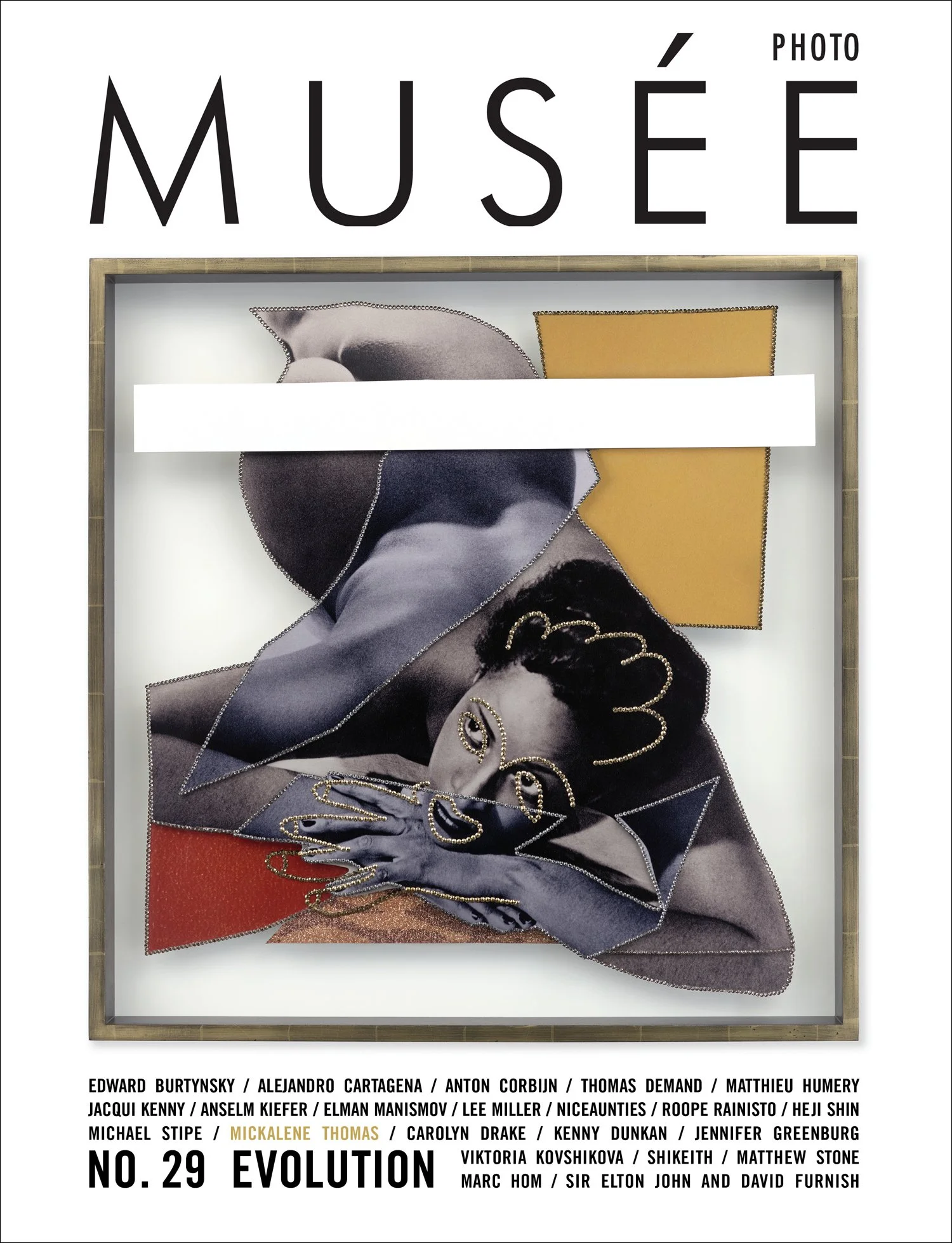Film Review: The Last Suit
The Last Suit © Outsider Pictures/Strand Releasing
By Belle McIntyre
This is a charming road comedy/drama with its roots firmly planted in great pain and suffering. Abraham Bursztein, the eighty-eight-year-old patriarch and holocaust-survivor, living in Buenos Aires, Argentina has seen better days and his daughters have decided that he is too old and unwell to live on his own and too cranky for anyone to live with. So they are moving him into a retirement home and have packed up his apartment. Unbeknownst to them, he has no intention of going there and has his own idea to return to Lodz, Poland to keep a promise made 70 years ago. In spite of the fact that he has a very wonky leg, that he refuses to take care of, he is a spritely old goat with a glint in his eye and a wry sense of humor. So, on his last night on his own, he takes one suitcase and gets out of town without a word.
Since he has not planned ahead his trip is somewhat Quixotic. The one flight available only gets him to Madrid where he will spend the night and figure out the rest from there. He will travel by train to Poland and pass through Germany which he refuses to do. He has some interesting ploys for getting his way - like making embarrassing scenes. On the plane, he is loudly and aggressively affable so as to drive off any seatmates and secure the whole row for himself to lie down. He is quite a wily rascal. In Madrid, he is befriended by one of the passengers he was rude to on the plane. When he finds a hotel, he tries to flirt and bargain with the owner, a beautiful woman of a certain age, who will have none of it. But when his room is burglarized and all of his money stolen, she takes him on as a cause and helps him find his estranged daughter who lives in Madrid. He is forced to reconcile with her so she will lend him some money. Revelations and re-thinking of long-held grievances occur on both sides.
Although he has made a good life for himself and his family in Argentina, he is still haunted by what he has endured and seen. Through flashbacks, we see happy scenes from his early life in Lodz - joyful celebrations, singing and dancing attractive young and hopeful people.
When his comfortable life came to a screeching he was only a teenager, the son of a successful tailor, whose whole family was deported to German concentration camps. Abraham managed to escape and get back to Lodz and he arrives at his home, not knowing what to expect. He finds his father’s former assistant living in his house with his own family. The man turns the barely-alive Abraham away fearing the authorities. Only the son, who is the same age, and who was friends with Abraham when they were kids, takes him in, hides him in the basement and nurses him back to health until he can escape to Argentina. Abraham has never forgotten and is determined to keep the promise made to return to see him.
The journey, which will clearly be his last, is liberating and cathartic for the old codger. It permits him to let go of many of his ingrained beliefs about people and himself, in spite of the experience which has shaped his worldview. Miguel Ángel Sola is so engaging as a character - imminently watchable whether being defensive and stubborn, cagey and seductive, or unexpectedly vulnerable and open. Angela Molina is a revelation, as the innkeeper, Maria, who begins as a cold and suspicious, hard-bitten, formerly-beautiful woman who discovers her own compassion and develops a genuine affection for Abraham, and in the process blossoms into the beautiful woman she once was. In spite of himself, Abraham seems to bring out the best in those he meets and they all, inexplicably want to help him. In the process, he finds the beauty in empathy and forgiveness and is able to see the world in a more hopeful way.
The movie, in Spanish, Yiddish, German and Polish language with music to match, is gorgeously filmed with beautiful production values. The old Lodz of Abraham’s past is almost unrecognizable in its modern iteration. And when Abraham finally finds his old friend, they recognize each other immediately after seventy years and one senses that the healing which has begun on the journey will now be complete and Abraham will be able to end his life as a complete and peaceful person. And, I doubt there will be a dry eye in the theatre. This is a redemptive and uplifting film. I loved it.
A trailer for the film can be seen here.








